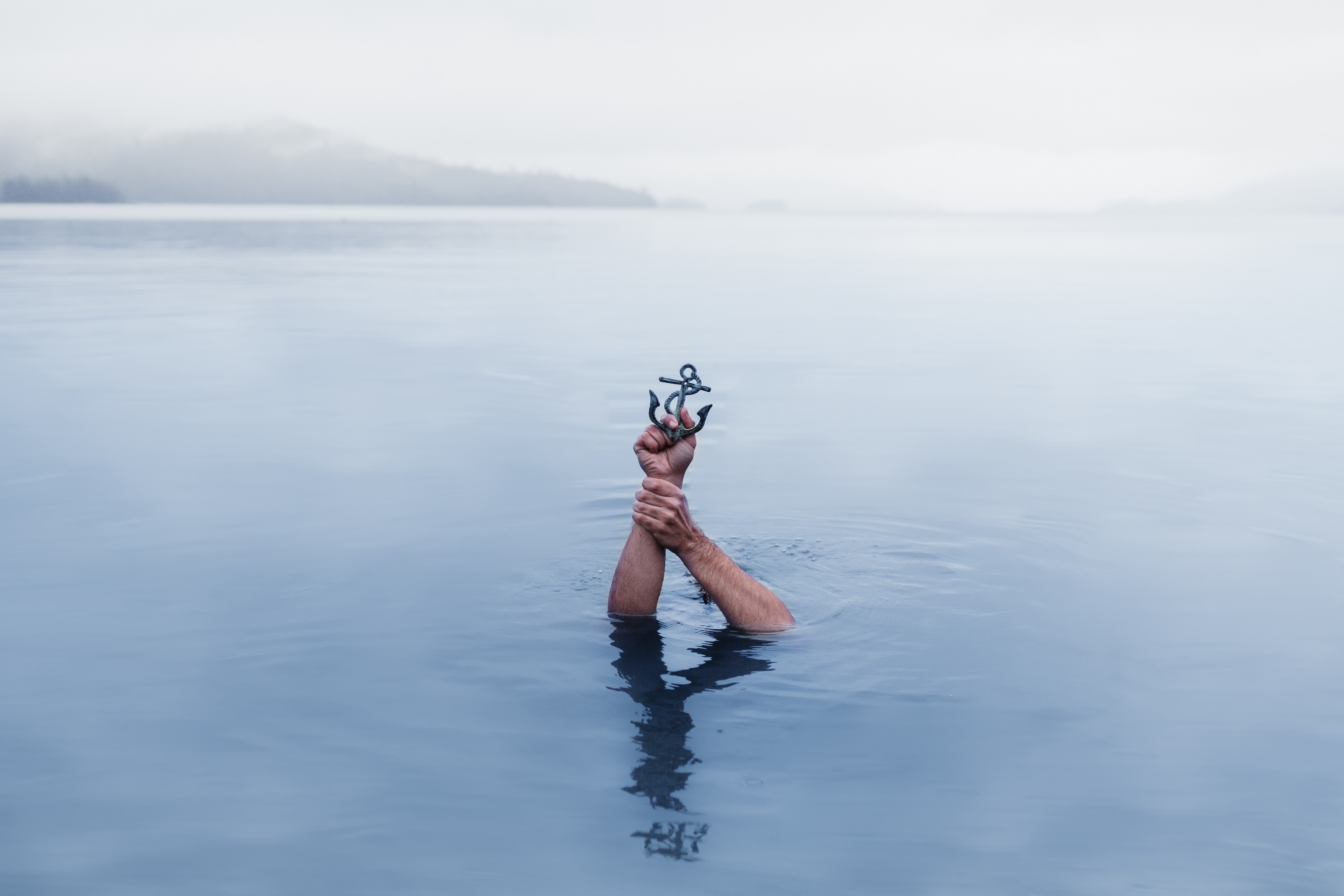Yesterday marked one year since the start of the first lockdown. It symbolises pretty much the beginning of the coronavirus crisis in the UK. Yesterday was very much a day for reflection, remembering those who have died due to Covid 19 and the sacrifices of many in our society in their efforts to preserve life and care for those who have been ill and hospitalised.
This crisis has touched us all deeply. I am sure many of us have feelings of heartfelt thanks towards many people, across all sections of society, for the roles they have played in this crisis and the help they may have given to us or to our loved ones. Today, I’d like to ask you to move on from reflection, build on that positive emotion of gratitude and start to use hope to think about the future. It is early days, but there are certainly signs that the road map put in place by the government is achievable and we are on the steady path back to some sort of normality.
Hope is best described as an emotional state, rather than an emotion itself. Some prefer to call it a ‘cognition that creates a certain mood’; for more on this, see the Mary Lamia article below. Hope creates a mood which envisages a good outcome. Having hope means choosing to focus on the positive elements of a situation. It means believing that you will get through any challenges that you are facing, no matter how hard they are. It may mean lots of changes of direction and expectations, but hope gives you the belief that you will get through. Hope is very closely linked to optimism. As Melissa Eisler puts it, in her article below, ‘This doesn’t have to mean that your life has to be all rainbows and butterflies, but it does mean that you should put some effort into surrounding yourself with elements that create a positive life.’
Traditionally, hope was represented by an anchor in art and popular culture. That is a good image of hope to hold on to. Hope is not a hippy-type sentiment that puts a golden-glow, happiness veneer, on life. Hope is the anchor that grounds us, whatever is going on in our lives; by doing this, hope enables us to focus on the future and the prospect of better times ahead. It is hope that we need to find right now, digging deep inside ourselves, to guide us through the next phase of our Covid 19 shared experience.
It is researched that people who see the positives in situations, the ‘glass half full’ people, are more emotionally resilient, have healthier lifestyles, benefit from better immunity and can even live longer. So, it appears to be worth cultivating hope and optimism as worthwhile traits.
One last, interesting thing about the concept of hope. According to Greek legend, hope was the final thing to emerge from Pandora’s box. This is very pertinent to the current crisis because, on leaving the box, it was preceded by many evils that befall mankind, most notably, disease. If you want to learn more about this story, I’ve included a YouTube link below.
‘What Exactly is Hope and How Can You Measure it?’ by Katie Hanson on positivepsychology.org.uk
‘The Power of Hope, and Recognizing When It’s Hopeless’ by Mary C. Lamia on psychologytoday.com
‘The Will and Ways of Hope’ by Scott Barry Kaufman on psychologytoday.com
‘Hope: The Magic Ingredient You Need in Life’ by Melissa Eisler on chopra.com
List of articles and research publications on hope on thepositivepsychologypeople.com
‘Covid 19 Film: A Message of Hope’ by Your World Within on YouTube
‘What is your definition of Hope?’ by KARE 11 on YouTube
‘Hope (Motivational Video)’ by Jannik Drescher on YouTube
‘The Power of Hope! (Motivational Video)’ by James Lambert on YouTube
‘What is Hope and Why do we Need it?’ by Rise, Love, Live on YouTube
‘The Myth of Pandora’s Box’ by Iseult Gillespie on Ted-Ed on YouTube

